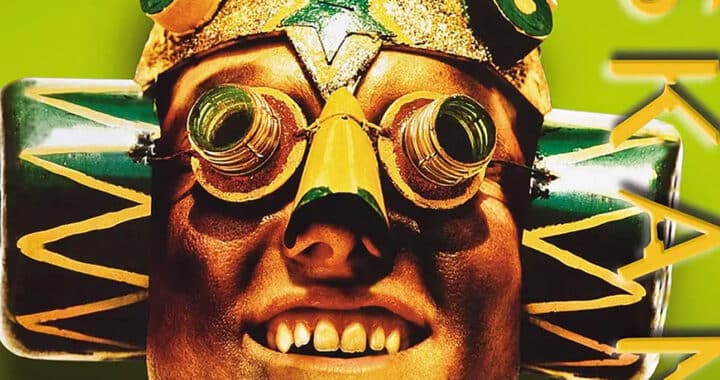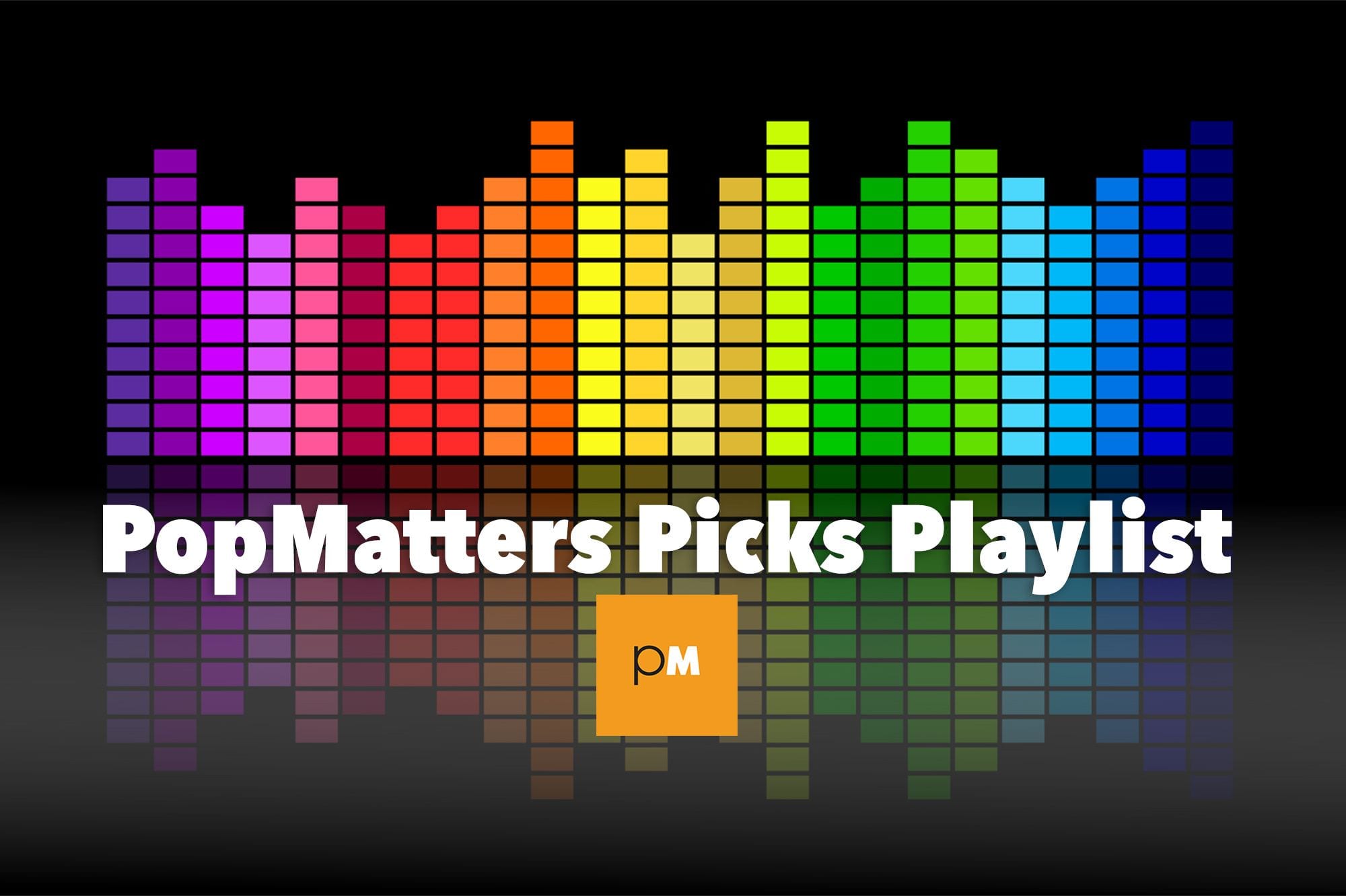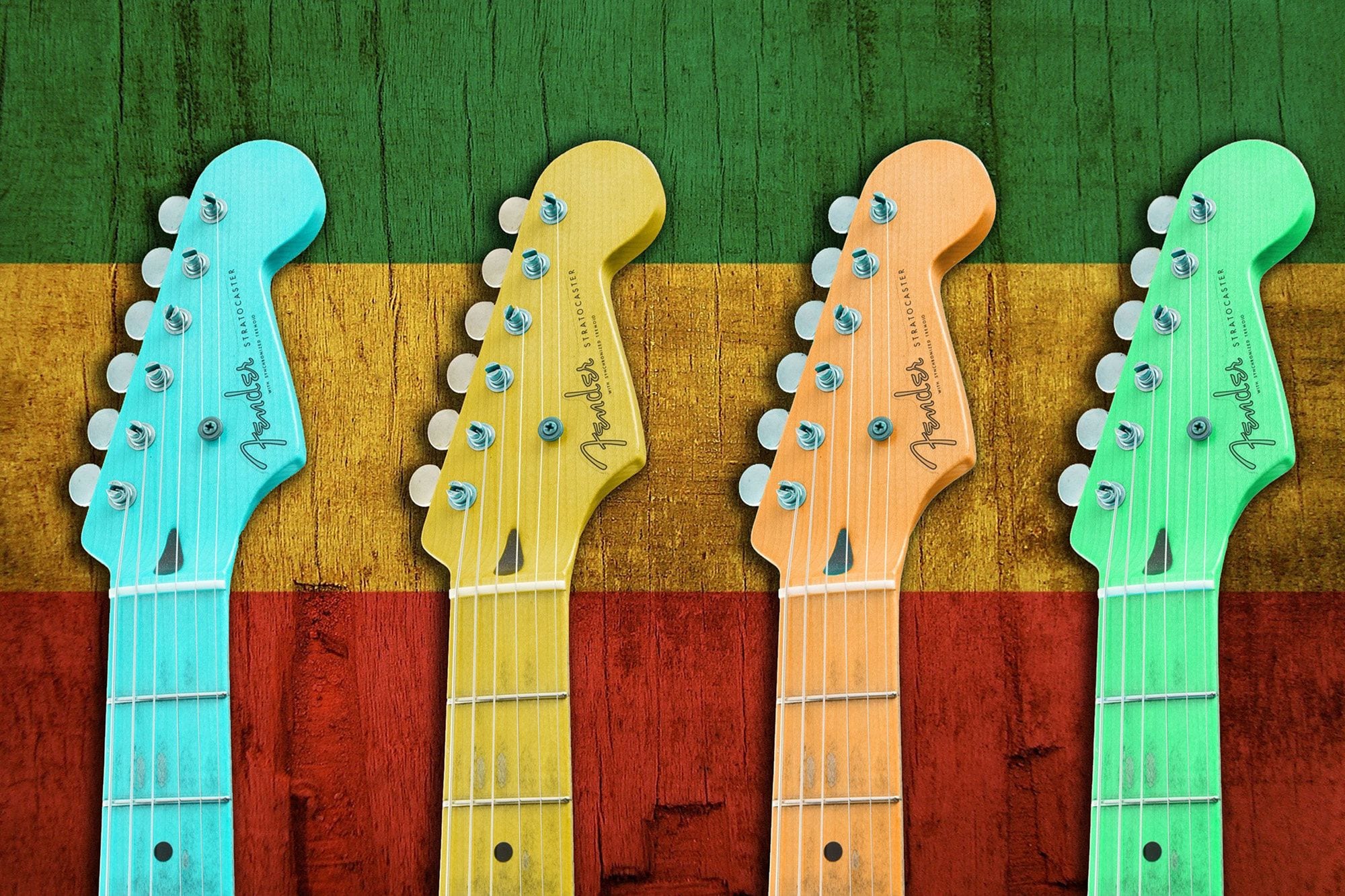
Skank’s Postmodern ‘Calango’ Keeps Trippin’ at 30
Skank’s Calango mixes Jamaican reggae, Latin percussion, keyboards, and guitars into a blend that sounds very much from Brazil and yet completely alien.

Skank’s Calango mixes Jamaican reggae, Latin percussion, keyboards, and guitars into a blend that sounds very much from Brazil and yet completely alien.

2 Tone found a sweet spot between punk anger and pop sensibility that mirrored the myriad poles they were trying to bridge in their band members and audiences.

This excerpt from Daniel Rachel’s history of 2 Tone Records shows the formation of the Beat and the best version of the band-defining “Tears of a Clown” ever.

Los Prisioneros evolved from a politicized youthful New Wave sound to a synthpop-infused dynamic that would propel the trio to post-Pinochet stardom.

Bob Marley’s Catch a Fire is when the Wailers transformed into the vehicle of his ascent to superstardom and reggae’s assimilation into the global pop music melting pot.

Dance Craze, the legendary concert film about the ska revival in Britain, brilliantly captures the performers’ sweaty, frantic, animated energy and the warning in their music’s message.

The ska revival kicked to life by the Specials blended previous subcultural styles in their own Cuisinart: Kingston, Jamaica, Mod, Skinhead and Jamaican rude-boy.

One year after his passing, King Scratch fetes the reggae/dub shaman Lee “Scratch” Perry with a multiple-disc, multiple-format, career-spanning collection.

Losing Streak is the best recording of Less Than Jake’s full-on ska-punk days. It has the feel of a time capsule from that brief mid-’90s period.

Cherry Red’s latest superb compilation, Staring at the Rude Boys, highlights big hits and lost tracks from the British ska revival.

PopMatters Picks Playlist features the electropop of WEIRDO, Brooklyn chillwavers Psychobuildings, the clever alt-pop of Lili Pistorius, visceral post-punk from Sapphire Blues, Team Solo's ska-pop confection, and dubby beats from Ink Project.

Many only recognize ska-punk as a fad of 1990s US pop music, but its emanation and roots run much deeper and spread far wider than one may think.